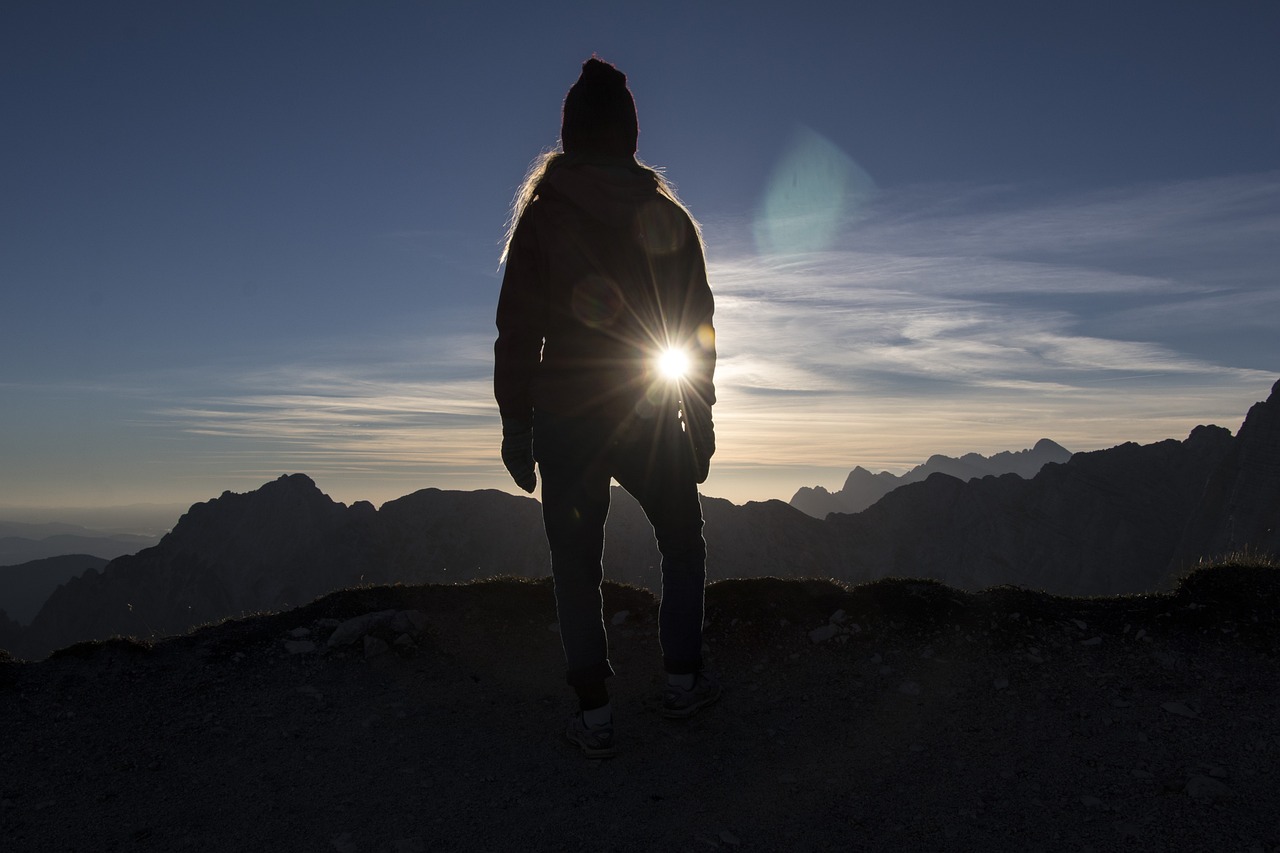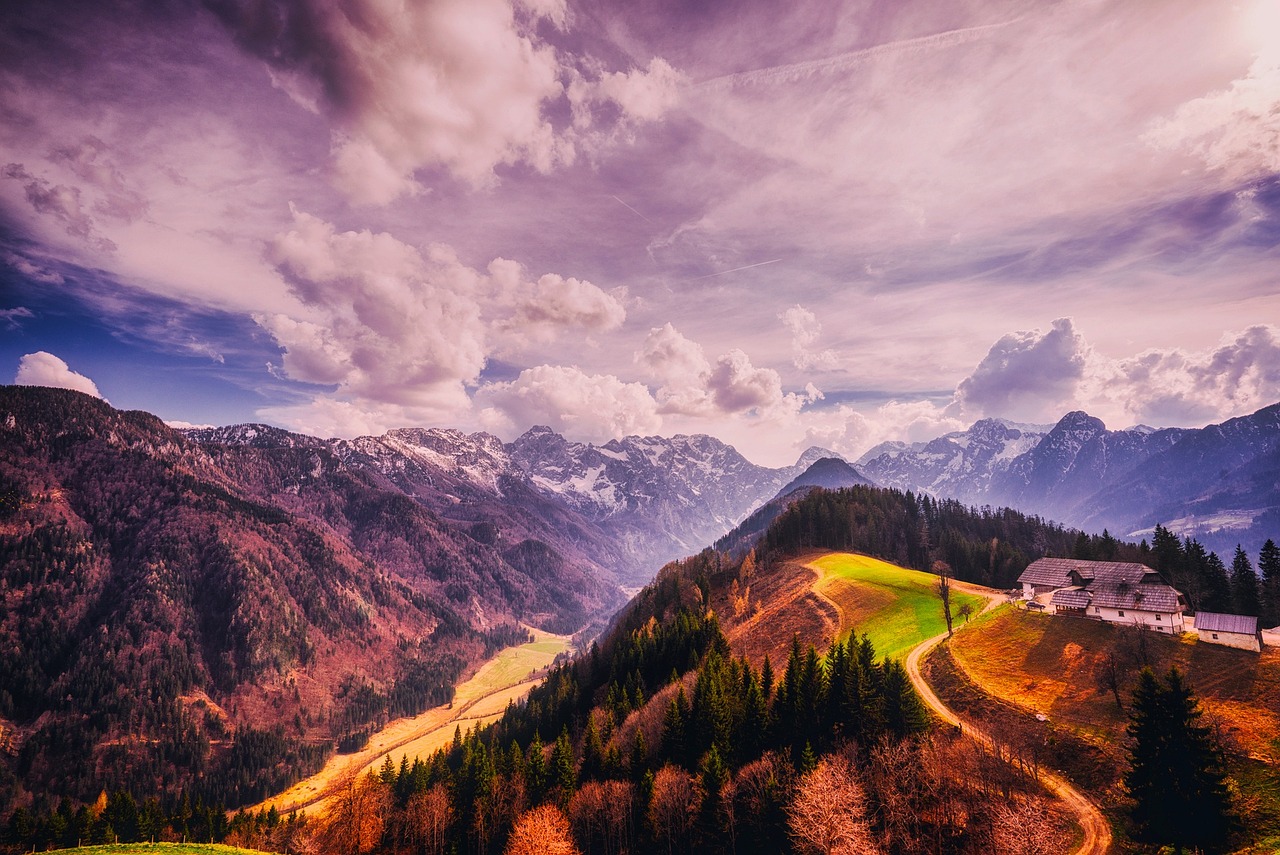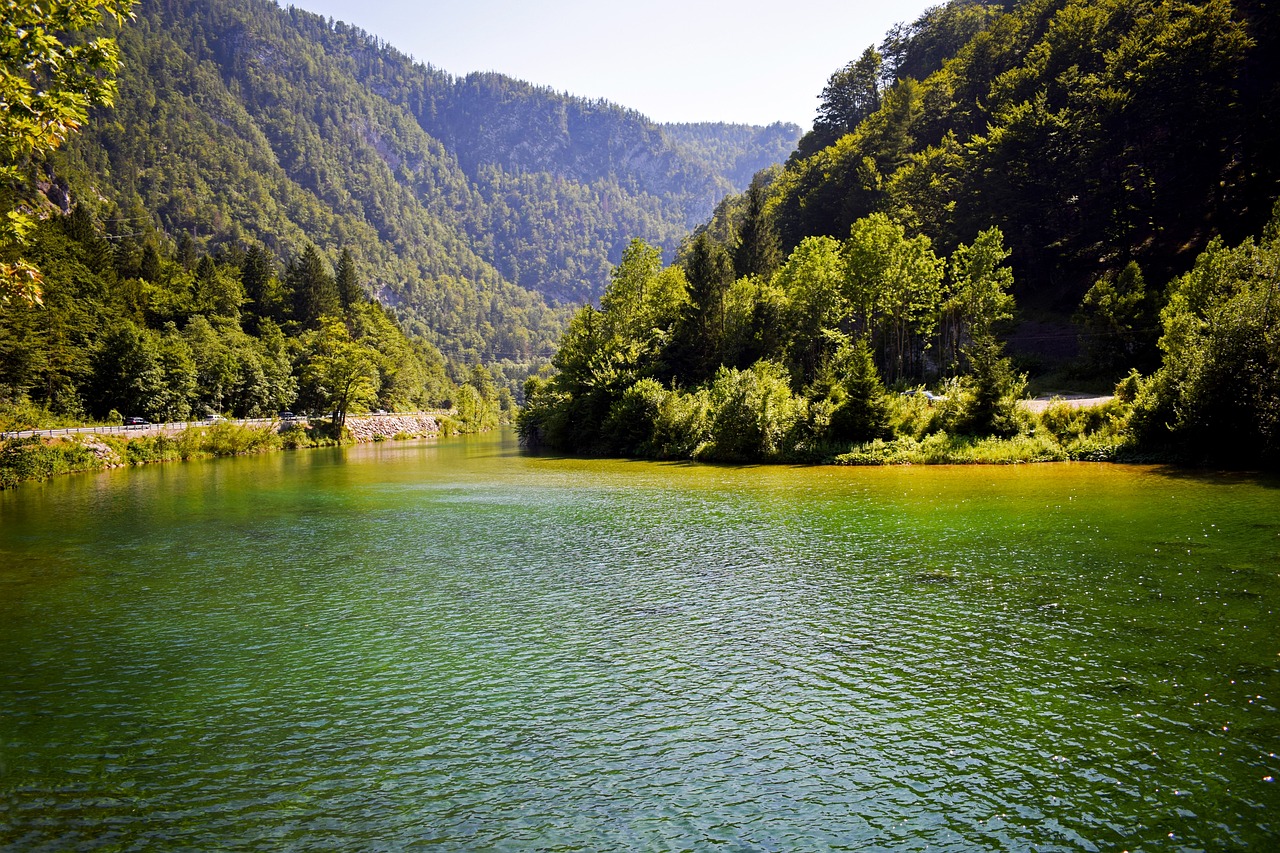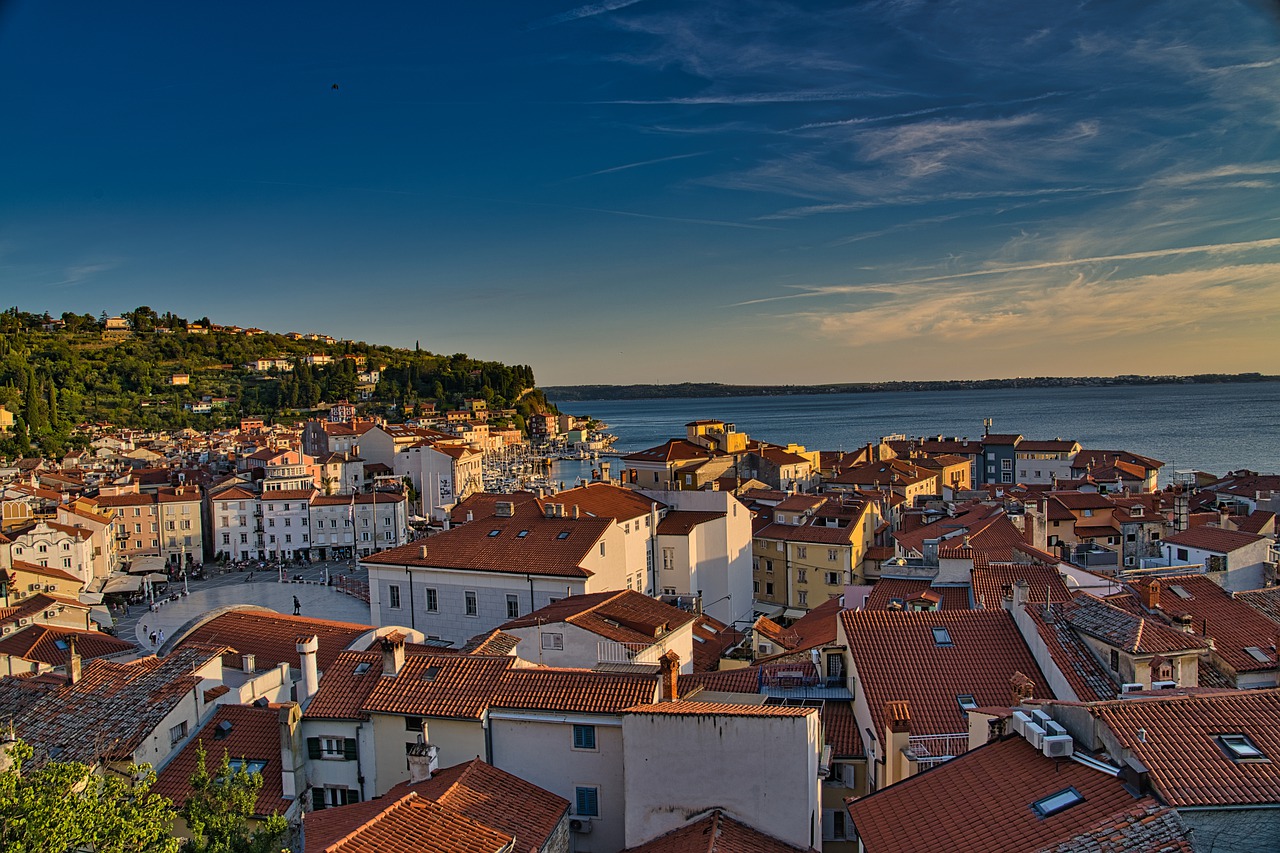Slovenia Video
Cultural Sensitivities: Understanding Local Norms in Slovenia
Slovenia is a beautiful country located in Central Europe, known for its stunning landscapes, rich history, and warm hospitality. As a traveler, it is essential to be aware of and respect the cultural sensitivities and local norms in Slovenia to ensure a positive and respectful experience. This article aims to provide a detailed understanding of these cultural sensitivities in twelve sections.
Section 1: Greeting Etiquette
When meeting someone in Slovenia, it is customary to greet them with a firm handshake and direct eye contact. Slovenians appreciate polite greetings, so it is important to say “dober dan” (good day) or “zdravo” (hello) when entering shops, restaurants, or other establishments. It is also common to address people using their formal titles, such as “gospod” (Mr.) or “gospa” (Mrs./Ms.), followed by their last name.
- Respect personal space: Slovenians value personal space and may feel uncomfortable with close physical contact, especially with strangers. Give people some breathing room and avoid excessive touching or hugging.
- Use appropriate greetings: Be mindful of the time of day when greeting someone. “Dobro jutro” (good morning), “dobar dan” (good day), and “dober večer” (good evening) are commonly used greetings depending on the time.
- Addressing elders: Show respect to older individuals by using their formal titles and addressing them with “gospod” or “gospa” followed by their last name.
- Wait for introductions: In formal settings, wait for the host or hostess to introduce you to others before initiating conversation.
Section 2: Dining Customs
Slovenians take pride in their cuisine and dining customs. Understanding and respecting these customs will enhance your dining experience in Slovenia.
- Table manners: Slovenians appreciate good table manners. Keep your hands on the table during the meal, but not your elbows. Wait for the host to start eating before you begin.
- Toast etiquette: When toasting, maintain eye contact and clink glasses with everyone at the table. It is customary to say “na zdravje” (cheers) before taking a sip.
- Politeness with food: Taste everything on your plate and finish what you take. It is considered impolite to leave food uneaten.
- Offering to pay: It is common for the person who invites others to dinner to pay the bill. However, it is polite to offer to contribute or pay your share.
Section 3: Dress Code
Slovenians generally dress conservatively, and it is important to dress appropriately for different occasions. Understanding the dress code will help you fit in and show respect for local customs.
Slovenia Image 1:

- Formal occasions: For formal events or visits to religious sites, dress modestly and conservatively. Men should wear suits or dress shirts with ties, and women should wear elegant dresses or pantsuits.
- Informal occasions: Casual attire is acceptable for most everyday situations. Slovenians tend to dress well, even in casual settings, so avoid overly casual or beachwear attire.
- Beachwear: When visiting lakes or beaches, wear appropriate swimwear. Slovenians are generally modest, so revealing or provocative swimwear may not be well-received.
- Seasonal considerations: In colder months, bring warm clothing, including coats, scarves, and hats. In summer, lightweight and breathable clothing is recommended.
Section 4: Gift Giving
Gift giving is a common practice in Slovenia, especially during holidays and special occasions. Understanding the cultural norms associated with gift giving will help you navigate these situations with ease.
- Occasion-specific gifts: When attending a Slovenian home for a special occasion, such as a birthday or holiday, it is customary to bring a small gift for the host or hostess. Flowers, chocolates, or a bottle of wine are popular choices.
- Gift wrapping: Take the time to wrap your gift nicely. Slovenians appreciate the effort put into presentation.
- Avoid extravagant gifts: While thoughtful gifts are appreciated, overly extravagant presents may make the recipient uncomfortable.
- Gifts for business partners: If conducting business in Slovenia, it is common to exchange gifts with your Slovenian counterparts. Choose gifts that reflect your home country or company, but avoid overly personal items.
Section 5: Religious Customs
Slovenia has a rich religious history, and it is important to be respectful of local religious customs and practices when visiting religious sites or attending religious ceremonies.
- Entering religious sites: When visiting churches or other religious sites, dress modestly and respectfully. Remove hats and sunglasses, and be mindful of your behavior.
- Participating in ceremonies: If attending a religious ceremony, such as a wedding or baptism, follow the lead of the locals and observe the customs and traditions.
- Photography restrictions: Some religious sites may have restrictions on photography. Respect these rules and ask for permission before taking photos.
- Religious holidays: Be aware of religious holidays and their significance to the local community. Avoid scheduling important activities or events that may disrupt or disrespect these observances.
Section 6: Social Etiquette
Understanding social etiquette in Slovenia will help you navigate social situations with ease and make meaningful connections with locals.
Slovenia Image 2:

- Respecting personal space: Slovenians value their personal space and may maintain a greater physical distance during conversations compared to other cultures. Respect their boundaries and avoid invading their personal space.
- Being punctual: Slovenians appreciate punctuality, so make an effort to arrive on time for social engagements and appointments.
- Engaging in conversation: Slovenians enjoy engaging in meaningful conversations. Show genuine interest in their culture, history, and traditions, and be prepared to share some information about your own country as well.
- Respecting privacy: Slovenians tend to be private individuals, so avoid prying into personal matters or asking intrusive questions.
Section 7: Public Behavior
When in public spaces in Slovenia, it is important to be mindful of your behavior and follow local norms to ensure a harmonious and respectful environment.
- Observe cleanliness: Slovenians take pride in their clean environment. Dispose of trash properly and avoid littering.
- Quiet and reserved behavior: Slovenians generally maintain a quiet and reserved demeanor in public. Avoid loud conversations or disruptive behavior, especially in libraries, museums, and other quiet spaces.
- Public transportation: When using public transportation, offer your seat to elderly or disabled individuals. Keep your voice down and avoid eating or drinking on buses and trains unless it is specifically allowed.
- Queueing: Slovenians value orderly queueing. Wait patiently in line and avoid pushing or cutting in front of others.
Section 8: Festivals and Celebrations
Slovenia is known for its vibrant festivals and celebrations throughout the year. Understanding the customs associated with these events will allow you to fully immerse yourself in the local culture.
- Prešeren Day: Celebrated on February 8th, this national holiday honors the Slovenian poet France Prešeren. Enjoy cultural events, poetry readings, and music performances that take place across the country.
- Summer festivals: Slovenia hosts numerous music, art, and cultural festivals during the summer months. Join the festivities and experience the vibrant atmosphere.
- Christmas traditions: Slovenians celebrate Christmas with various customs and traditions, including the lighting of Advent wreaths, attending Midnight Mass, and exchanging gifts on Christmas Eve.
- Carnival season: During the Carnival season, Slovenians participate in festive parades, wearing masks and costumes. Join in the fun and embrace the lively spirit of the celebrations.
Section 9: Environmental Awareness
Slovenia is known for its pristine natural beauty, and it is crucial to respect and preserve the environment during your visit.
Slovenia Image 3:

- Leave no trace: When exploring Slovenia’s natural areas, follow the principle of “leave no trace.” Take your trash with you and avoid damaging or disturbing the environment.
- Stick to designated paths: Stay on marked trails when hiking or exploring nature reserves to avoid causing unnecessary damage to the ecosystem.
- Respect wildlife: Observe wildlife from a distance and avoid feeding or touching animals. Respect their natural habitats and do not disturb their behavior.
- Water conservation: Slovenia has many beautiful rivers and lakes. Conserve water by taking shorter showers and turning off taps when not in use.
Section 10: Photography Etiquette
Slovenia offers numerous picturesque locations perfect for photography enthusiasts. However, it is essential to be respectful and considerate of local customs when taking photos.
- Ask for permission: When photographing individuals, seek their permission beforehand. Respect their wishes if they decline.
- Respect restricted areas: Some places may have restrictions on photography for cultural or security reasons. Observe signage and respect these rules.
- Be mindful of others: In crowded tourist areas, be considerate of others when taking photos. Avoid blocking pathways or obstructing the views of fellow visitors.
- Respect sacred sites: When photographing religious sites, be respectful of worshippers and the sanctity of the place. Avoid using flash if it is prohibited.
Section 11: Language Considerations
While many Slovenians speak English, making an effort to learn a few basic phrases in Slovenian can go a long way in showing respect and appreciation for the local culture.
- Basic greetings: Learn simple greetings like “dober dan” (good day), “hvala” (thank you), and “prosim” (please). Using these phrases will be greatly appreciated.
- Addressing people: Use formal titles such as “gospod” (Mr.) or “gospa” (Mrs./Ms.) followed by their last name when addressing individuals you’ve just met.
- Apologizing for language barriers: If you have difficulty communicating in Slovenian, apologize politely and ask if the person speaks English.
- Showing appreciation: After receiving assistance or service, say “hvala” (thank you) to express your gratitude.
Section 12: Conclusion
By understanding and respecting the cultural sensitivities and local norms in Slovenia, you can ensure a positive and enriching experience during your visit. Embrace the traditions, customs, and etiquette of the country, and you will be warmly welcomed by the Slovenian people.
References
– slovenia.info
– visitslovenia.net
– slovenia.si
– slovenia-trips.com


